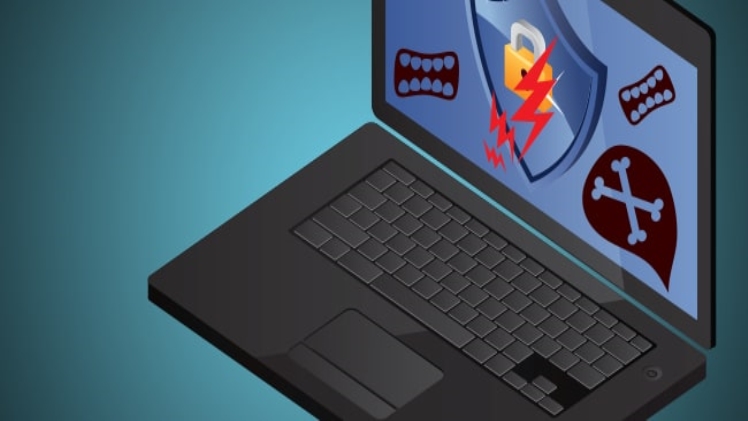When attempting to keep your computer safe and virus-free, using an antivirus is crucial. Computers are an amazing piece of technology that many of us utilize on a daily basis. However, they are vulnerable to spyware and viruses that could damage our files and steal our personal information, including banking information and social security numbers. Here are 8 techniques to safeguard your computer from viruses if you’re looking for more security.
Each day, more than two million new malware threats are produced. When you stop to think about it, that is a really challenging figure to comprehend.
Whether malware is created to cause you trouble, or to hijack your browser or operating system, it is incredibly common, irritating, time-consuming, and frustrating.
Let’s look more closely and thoroughly at the seven methods you can prevent malware and the problems it causes.
Install Antivirus Software
Installing and using antivirus software is crucial if you want to prevent catching a virus on your devices via the internet. Because of the evolution of cyberthreats, routine activities like online banking, shopping, and surfing might put you at risk.
Since viruses are a significant cyberthreat, it makes sense to maintain your equipment virus-free. As you bank, buy, and browse online, reputable security software can help protect you from phishing and other online hazards.
Maintain as many updates as you can on your PC. Your operating system may occasionally develop security flaws or provide upgrades. Make sure you periodically check to make sure you are using consistently updated versions of your software.
Don’t Open Links within Emails
A solid rule of thumb is to avoid clicking any links in emails from senders you are unfamiliar with. According to Microsoft, the user of the computer clicked on something in 44.8% of cases where Windows becomes infected with a virus.
Update your Operating System and Applications
Software updates are frequently released by tech companies to make their products safer to use. Without these updates, hackers might exploit security holes and coerce a device into downloading malware.
A software vulnerability is what is known as a cyberthreat. Even if you take precautions to avoid computer viruses online, your computer may still be vulnerable to software problems. The only method to guarantee you have taken care of this risk? Update your program frequently whenever a patch becomes available. Alternatively, you can modify your computer’s settings to enable automatic update acceptance.
Final Thoughts
These days, safeguarding your computer against viruses and lost data is significantly simpler and doesn’t have to cost any money. Spend some time today making sure you’re covered. You’ll be happy that you did.





